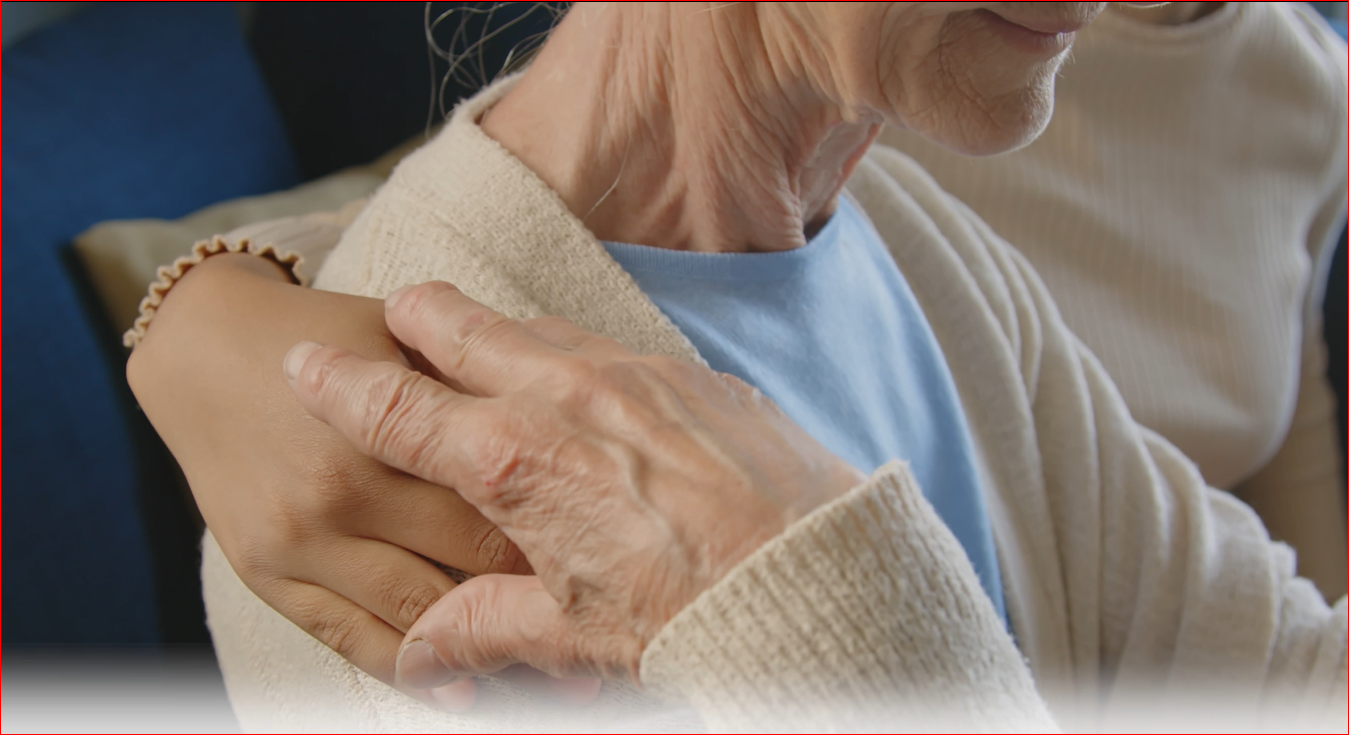Dehydration is simply the body losing more fluids than it’s taking in. We need water to stay alive — even more than nutrients from food as staying hydrated helps to regulate temperature, deliver nutrients to our cells, aid with cognitive function, rid the body of waste, and lubricate the joints.
As we age, staying hydrated is even more important as dehydration can lead to serious health complications.
Dehydration and Seniors
Dehydration in seniors can result in constipation, seizures from electrolyte imbalances, kidney problems, and loss of balance as a decline in the body’s fluids means there are fewer water reserves to draw from. In addition, our “thirst response” weakens as we age, so we might not even know we need that all-important H2O.
Causes of dehydration
1. Mobility issues. Older adults who don’t move around as much will access water sources less, and thereby their intake can be automatically lowered.
2. Underlying health conditions. Whether you’re aware of them or not, underlying conditions such as kidney disease or diabetes can cause the body to lose more fluid than the average person.
3. Illness. Any time you are sick, from the sniffles through to vomiting, diarrhea or fever, your body expels fluids, and it can be more difficult to keep up with water intake as you may be experiencing corresponding loss of appetite, etc.
4. Medications. Blood pressure medications can cause increased urination. Check the contraindications on your medication, as increased urination may be a side effect.
5. The heat. From simple exposure to heat stroke, any time spent in hot or humid conditions will provoke the body’s sweat response, creating automatic fluid loss.
Common symptoms of dehydration
Now that we know the causes, let’s look at the common symptoms of dehydration.
- Cracked lips & dry mouth
- Dry skin
- Less frequent urination
- Dark-coloured & strong-smelling urine
- Fatigue & Dizziness
- Headaches
- Muscle cramps
- Increased heart rate
- Confusion
- Movement troubles
- Fainting
- Diarrhea or vomiting that lasts longer than 24 hours
If someone is experiencing any of the last five symptoms, has bloody or black stool, or can’t keep fluids down, it’s time to call the doctor as these more serious symptoms require medical attention.
Dehydration and Blood Pressure
Dehydration can absolutely cause changes in blood pressure. Studies have shown that consistent dehydration can worsen hypertension because your brain responds to increased sodium levels by sending a signal to the pituitary gland to secrete an antidiuretic hormone (Vasopressin) that requires the kidneys to reabsorb more water.
Dehydration can also decrease your blood volume, leading to lower blood pressure that manifests as feeling dizzy, weak, and tired. In severe cases, low blood pressure can lead to hypovolemic shock.
Other harmful effects of not drinking enough water
Over time, the compound effect of dehydration can lead to increased health issues such as:
· Urinary tract infections
· Kidney stones & failure
· Seizures
· Hypovolemic shock
Tips to prevent dehydration in seniors
When factoring in the climate, the amount of exercise, overall health, and other factors such as gender and weight of a senior, it’s a good idea to speak with your healthcare provider to determine what the perfect amount of H2O per day is for you.
Here are some tips to incorporate hydration daily
1) Drink water regularly! It may sound simple but can be surprisingly difficult. Keeping a tally or setting a reminder alarm can be helpful.
2) Make it appealing. Bored of water? Milk, flavoured sparkling water, and low-sugar fruit juices are suitable substitutes for the odd glass of H2O. You can also try adding a spritz of lemon or lime for a natural taste enhancer with added benefits. Coffee and tea can have the opposite of a desired effect, so drink sparingly.
3) Eat your greens, along with fruit, low-sodium soups and broths — anything with a high-water content such as watermelon, cucumber, celery, and strawberries can be beneficial!
4) Plan your water breaks. If exercise or hot weather are on the schedule, plan to drink more water that day to balance their dehydrating effects. Similarly, if you’re ill, try to consume more fluids than usual. If you are aware of any underlying health concerns, speak to your doctor about the best way to add fluids to your diet.
5) Keep it handy. It’s easier to keep up a routine if it’s within sight. Keep a water glass or bottle handy for more frequent sips throughout the day
6) Make it manageable! Small sips more frequently will equate to more water consumption over time.
7) Cheers! Always include a glass of water with mealtimes and activities.
At Verve Senior Living, we ensure that our residents receive access to all the nutrients they need as part of our Living Loving Local culinary program. We recognize that good food nourishes the body and mind.
Cheers to healthy living!




